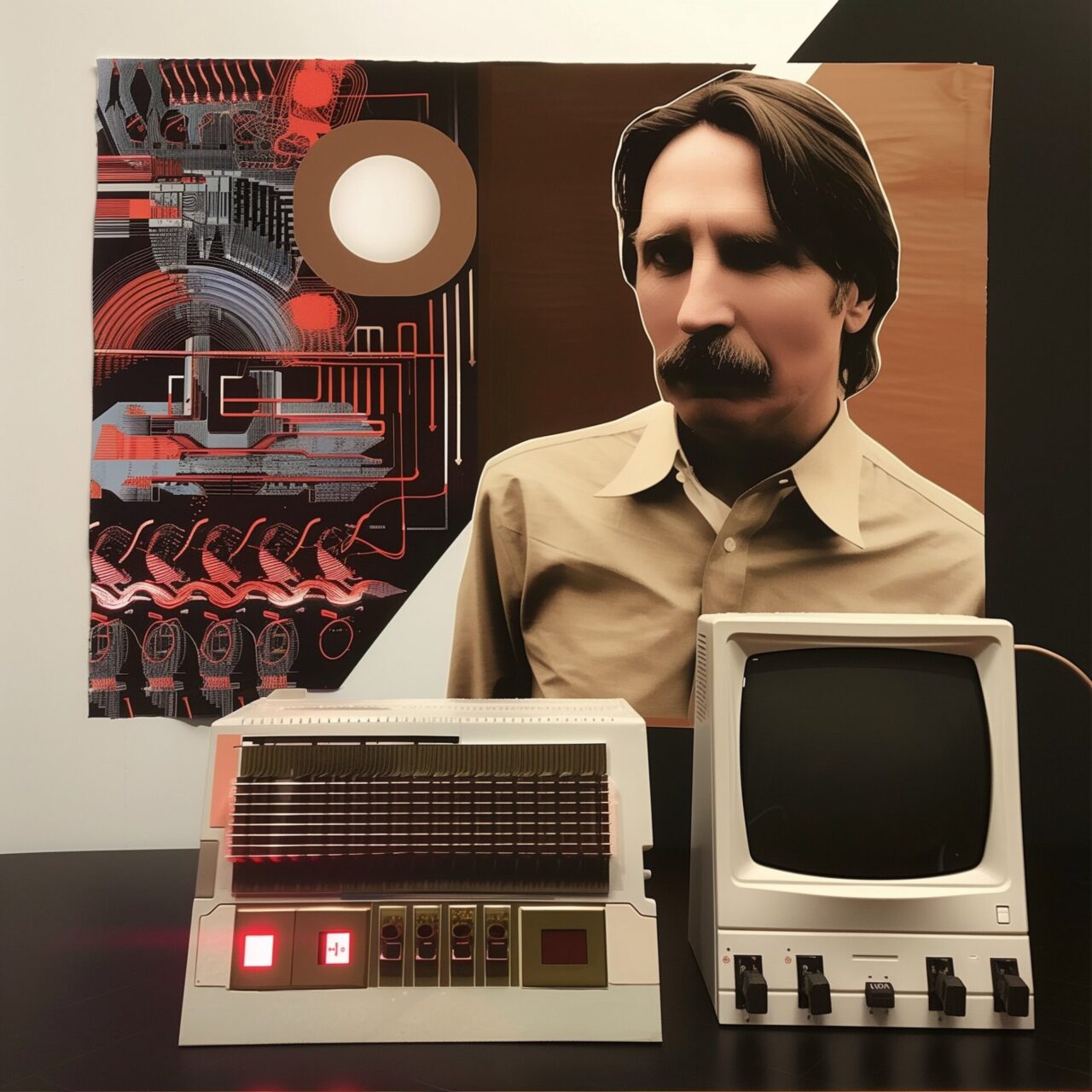
“Even paranoiacs have real enemies”
The quote “Even paranoids have real enemies” opens up a multi-faceted discussion about the interface between perception, reality and mental health. Originally uttered by Henry Kissinger in a slightly modified form – “Even paranoids have real enemies” – this saying has found a deeper, often ironic resonance that goes far beyond the political context in which it was first used.
Context and interpretation
The quote illuminates the ironic truth that the feeling of persecution or threat, although often seen as a sign of paranoia, can sometimes be grounded in reality. It challenges us to re-evaluate the boundaries between irrational fear and legitimate concern.
Philosophical and psychological perspectives
From a philosophical perspective, the quote raises questions about the nature of reality and our perception of it. How do we distinguish between justified fear and unfounded paranoia? This question is particularly relevant at a time when information – and misinformation – is circulating faster than ever.
Psychologically, the quote opens up a discussion about the nature of paranoia itself, a complex mental disorder characterised by extreme suspicion and traits of fear. By recognising the possibility of real threats, it reminds us that mental health problems often need to be considered in the context of real social and environmental factors.
Social and cultural dimensions
On a societal dimension, the quote reflects the fears and insecurities of an era in which surveillance and privacy have become central concerns. The irony that even those who appear to have irrational fears may actually be exposed to real threats speaks volumes about our modern lives.
Media representation and pop culture
In pop culture, the concept that even paranoids have real enemies has often served as the basis for numerous thrillers and conspiracy theories. Films and books dealing with themes of surveillance, privacy and hidden agendas often play with the line between paranoia and the reality of real threats.
The quote “Even paranoiacs have real enemies” is more than just a rhetorical punchline; it is a mirror that forces us to look at reality on multiple levels. It asks us to recognise the complexity of human perception and to question the way we think about fear, health and truth. In a world increasingly permeated by technology and where the lines between true and false are often blurred, this quote remains a powerful tool for self-reflection.


